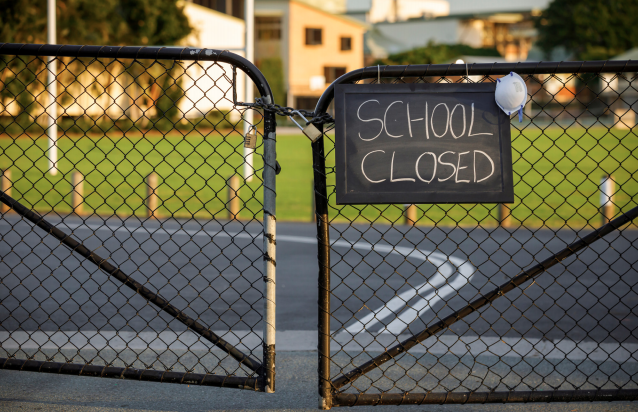Sweden kept schools open during COVID. The result? No learning loss.
Sweden kept its primary schools open throughout COVID-19, and students experienced no learning loss in reading, according to a recent analysis of reading assessments published in the International Journal of Educational Research.
In this study, reading assessment data from 97,073 Swedish primary school students (grades 1-3) were analyzed to investigate potential learning loss. Results showed that word decoding and reading comprehension scores were not lower during the pandemic compared to before the pandemic, that students from low socio-economic backgrounds were not especially affected, and that the proportion of students with weak decoding skills did not increase during the pandemic. … We conclude that open schools benefitted Swedish primary school students.
Sweden’s decision to keep schools for younger students in-person throughout the pandemic was “in stark contrast to most other comparable countries, including the close Nordic neighbors,” continue the study’s authors.
The COVID-19 pandemic resulted in a clear disruption to “business as usual” in K-12 education in a majority of the world’s countries, but not in Sweden which chose to keep preschools, primary schools, and lower secondary schools open during the pandemic. It is of great political interest to know whether students can have their educational needs met in the circumstances to which the pandemic nevertheless contributed.

School closures affected over 90 percent of the world’s students when the COVID-19 pandemic first began. Despite quickly emerging data showing prolonged school closures would have devastating effects on students’ cognitive, social, and emotional well-being, and that children were at much lower risk for contracting the coronavirus and transmitting it to family members, almost half of the world’s students were still affected by partial or full school closures one year later.
In Minnesota, what started as a public health intervention soon expanded into a public policy response that brought considerable and unnecessary cost upon our next generation of leaders.
The question is no longer “did school closures cause learning loss” but rather “will students ever recover”?